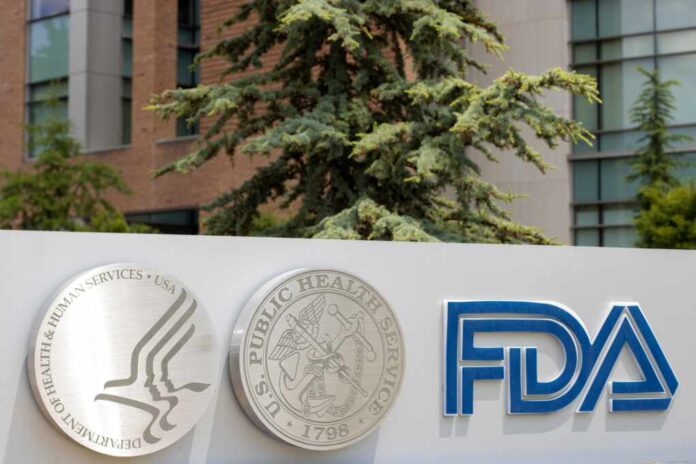
A Twitter warrior just forced one of America’s top medical regulators to walk away from his job, and the ripple effects could change how life-saving drugs reach your medicine cabinet forever.
At a Glance
- Dr. Vinay Prasad, the FDA’s top vaccine and gene therapy official, resigned after right-wing activist Laura Loomer led a public campaign against him
- Prasad’s evidence-based approach to drug approvals, including restricting a controversial gene therapy, sparked fierce political backlash
- The resignation sets a dangerous precedent for social media activists influencing federal regulatory decisions
- FDA leadership now faces uncertainty about future drug approval processes and scientific independence
When Science Meets Social Media Warfare
Picture this: You’re the nation’s top official responsible for ensuring vaccines and gene therapies won’t accidentally turn patients into medical disasters. You base every decision on rigorous scientific evidence. Then a political activist with a Twitter account decides you’re the enemy, and launches a digital crusade.
Prasad didn’t just quietly slip out the FDA’s back door on July 30, 2025. His departure represents something far more unsettling than a typical Washington personnel shuffle. When Laura Loomer, a right-wing influencer with serious social media firepower, sets her sights on a federal regulator, apparently that regulator’s career lifespan becomes shorter than a fruit fly’s attention span.
Vinay Prasad, a critic of broadly administering coronavirus shots who became the Food and Drug Administration’s top vaccine regulator, has left his role months into his job. https://t.co/9oT5i3cdVt
— The Washington Post (@washingtonpost) July 30, 2025
The Gene Therapy Controversy That Started Everything
The drama began when Prasad’s team made what should have been a routine regulatory decision. They restricted a high-profile gene therapy from Sarepta Therapeutics, citing what any reasonable scientist would consider legitimate safety concerns and scientific consensus. In the old days, this would have generated some industry grumbling, maybe a few strongly worded letters from patient advocacy groups, and then everyone would move on to the next regulatory battle.
But we don’t live in the old days anymore. Instead, Prasad found himself in the crosshairs of a political firestorm that would make a Category 5 hurricane look like a gentle summer breeze. The decision to pull Sarepta’s therapy off the market became the lightning rod that attracted every political faction with an axe to grind against federal regulators.
Watch: FDA’s top vaccine official Vinay Prasad resigns
The Resignation That Shook Regulatory Independence
Prasad’s internal email revealed the impossible position he faced: “The motivation is solely what we think is in the public interest—the accurate judgment of benefits and risks.” Translation: I’m trying to do my job based on science, but the political mob has decided science is optional. The official HHS explanation that Prasad “did not want to be a distraction” sounds like bureaucratic poetry, but everyone understood the real message.
The timing tells the whole story. Early 2025 brought internal leaks and external scrutiny. Mid-2025 delivered the Sarepta controversy. July brought Loomer’s campaign reaching peak intensity. July 30 brought Prasad’s resignation. That’s not coincidence; that’s cause and effect playing out in real time with devastating precision for anyone who believes regulatory decisions should be based on scientific evidence rather than social media popularity contests.

























